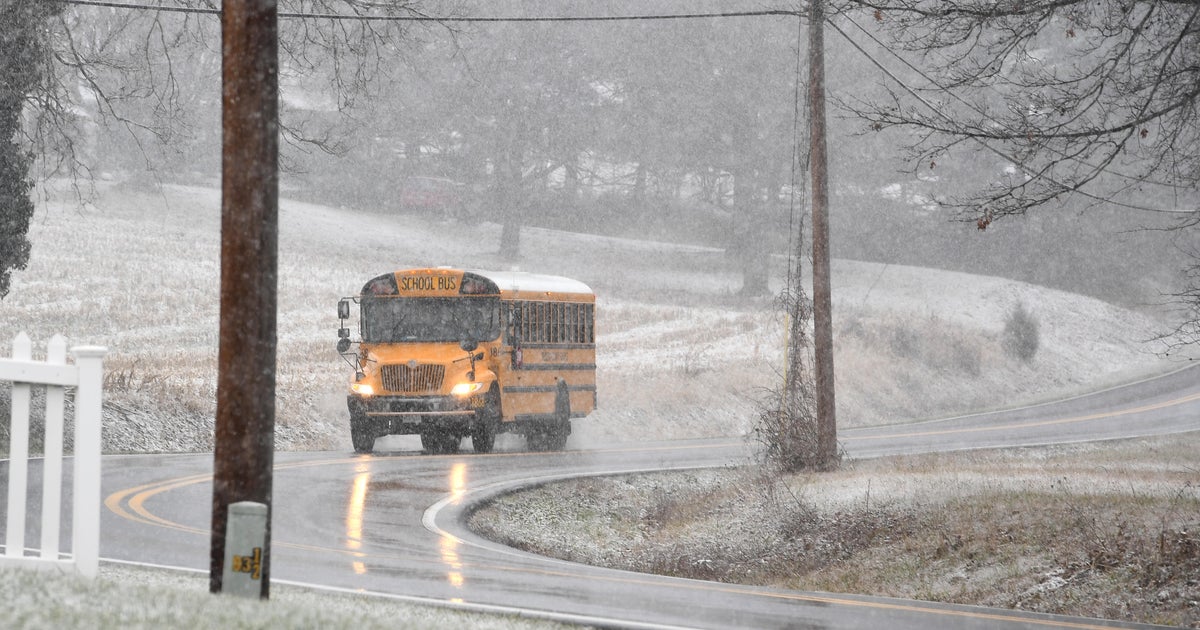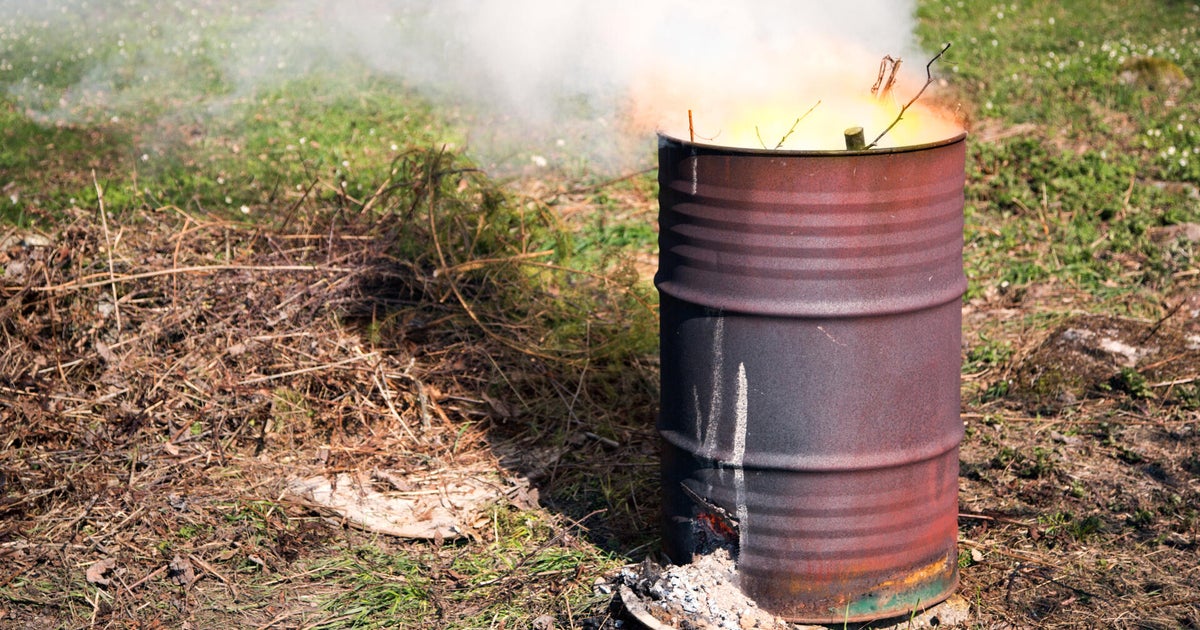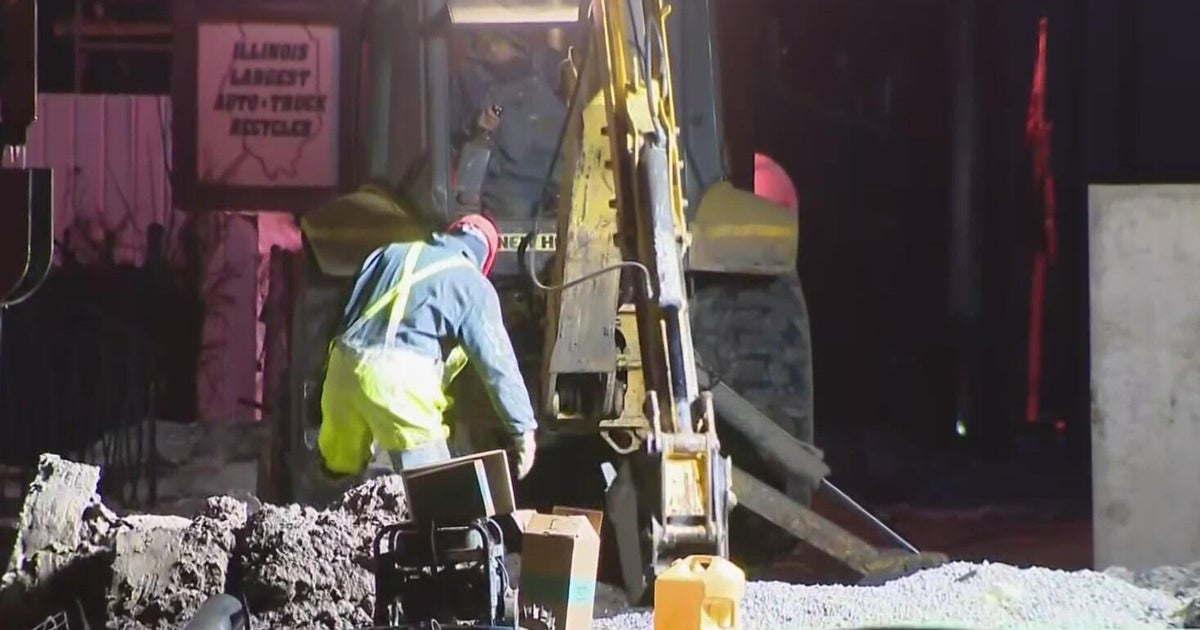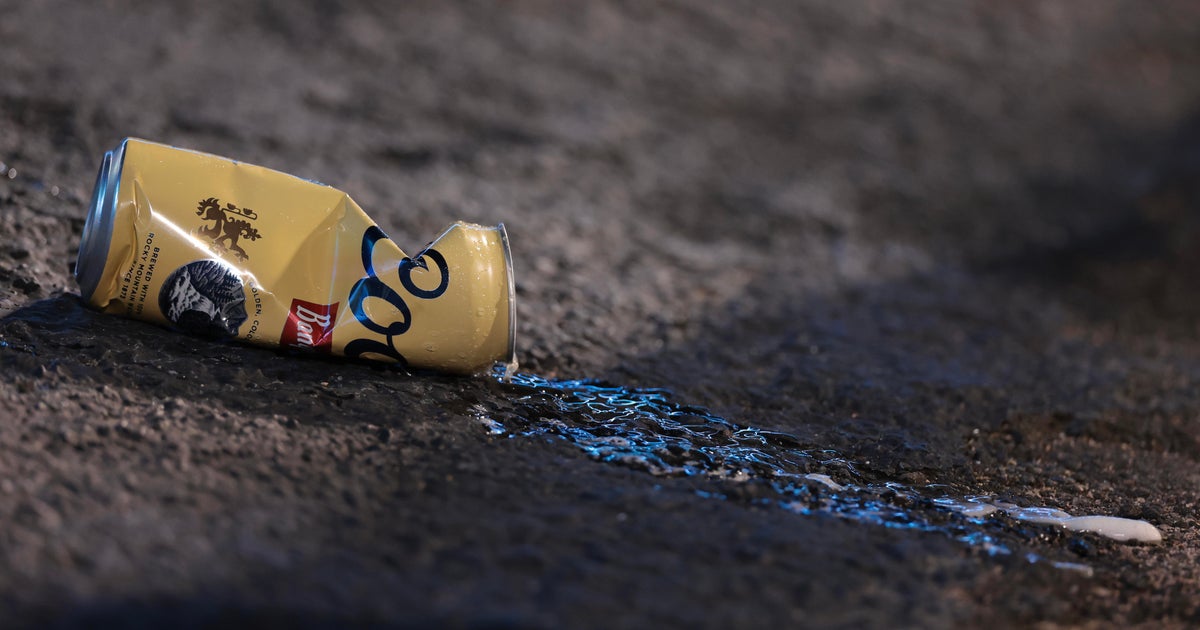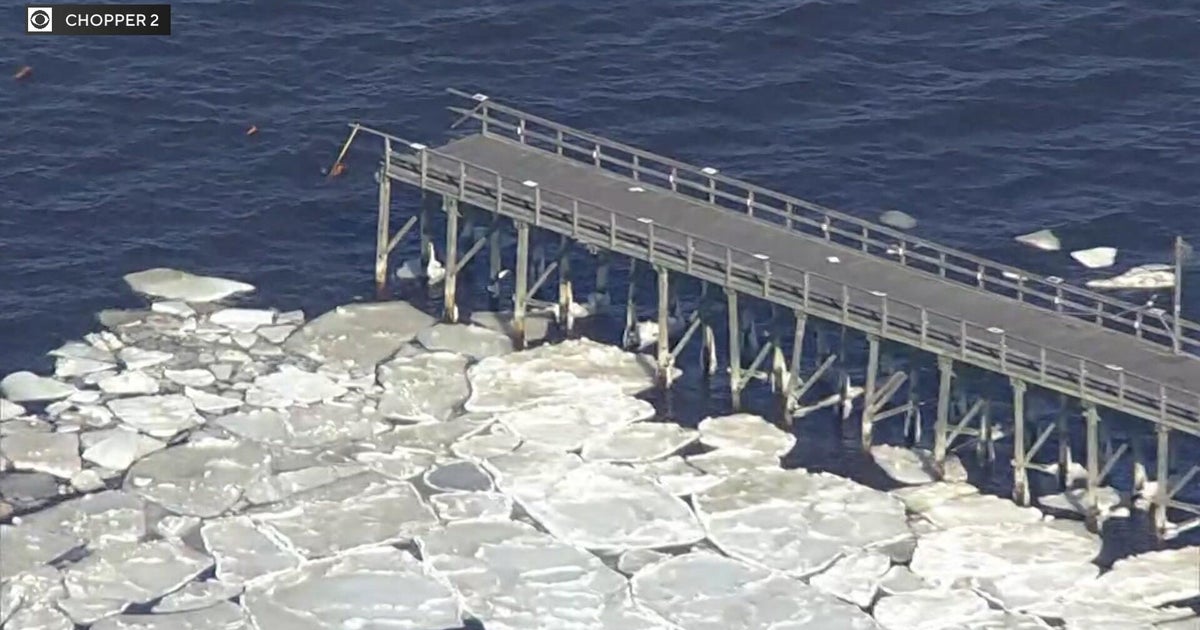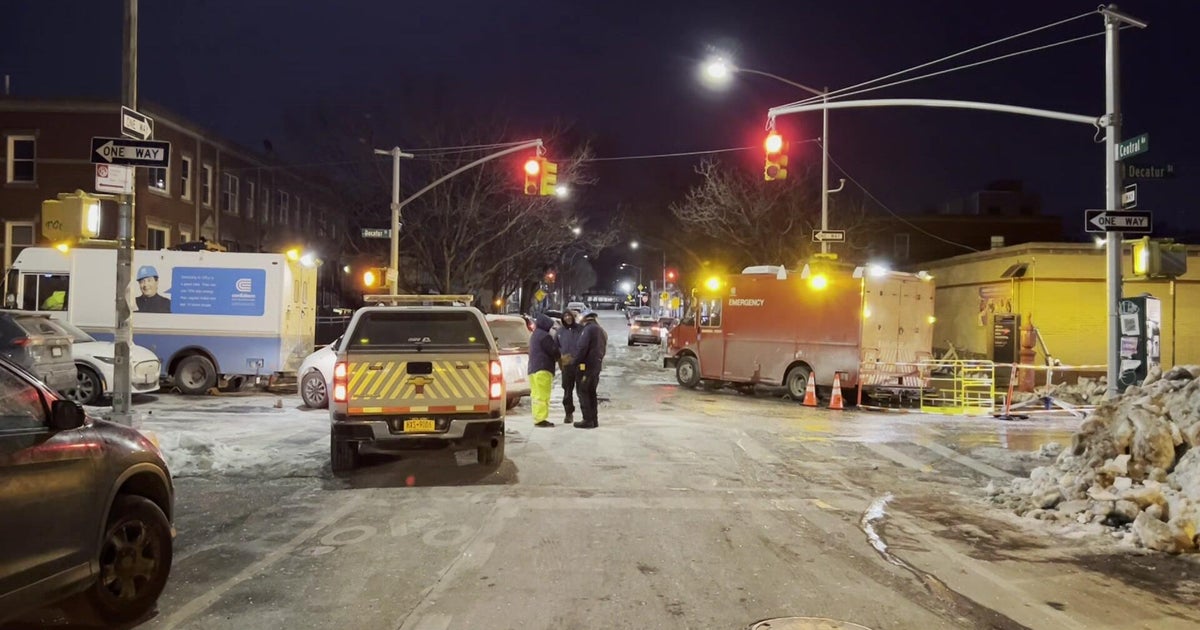Impact Of Rainy Summer On Chesapeake Bay Could Be Worse Than Originally Thought
BALTIMORE (WJZ) -- Fresh rain water is dumping into the Chesapeake Bay at record -- and concerning -- pace.
A soggy summer has taken a major toll on Maryland's ecosystems, and scientists say its impact on the waterways could be worse than originally thought.
Maryland's record-setting July rainfall had to go somewhere, and in August, it drained into the Chesapeake Bay at a rate that could permanently change the ecosystem.
"Some organisms in the Chesapeake Bay can be negatively impacted by really low salinity, oysters being one of them, clams being another. And those are the types of animals that can't pick up and move to escape water conditions that aren't conducive to them," said Allison Colden, with the Chesapeake Bay Foundation.
Colden says August freshwater flow shattered a 63-year record. U.S. Geological Survey data shows the levels well above normal.
Heavy rainfall from six states in the watershed will eventually find its way to the Chesapeake Bay, but it's too early to tell what the long-term effects might be.
Environmentalists predicted this would happen after officials were forced to open the Conowingo Dam on the Susquehanna River.
"There is toxic-laden, nutrient rich sediment that sits behind this dam. And there's 200 million tons of it," one environmentalist said. "Because all the efforts that are going on right now to restore the bay, an event like this kills it."
Many Chesapeake Bay watermen struggled this summer, as they found dead or decaying clams, and some even left their crab traps above water.
"So what we may be seeing is sort of a turn towards what could possibly be the new norm," Colden added.
A sad reality for organisms above, and especially below the water, as hurricane season threatens to make it worse.
The Chesapeake Bay Foundation says it could be months or years before the true effect of the sediment in the water is realized.
Follow @WJZ on Twitter and like WJZ-TV | CBS Baltimore on Facebook
